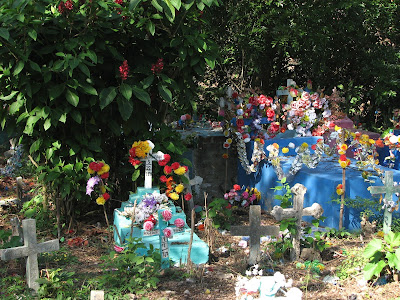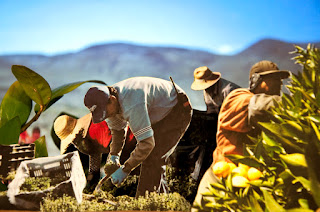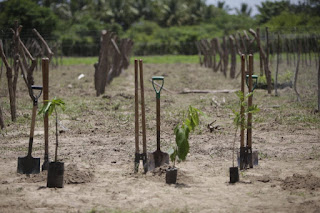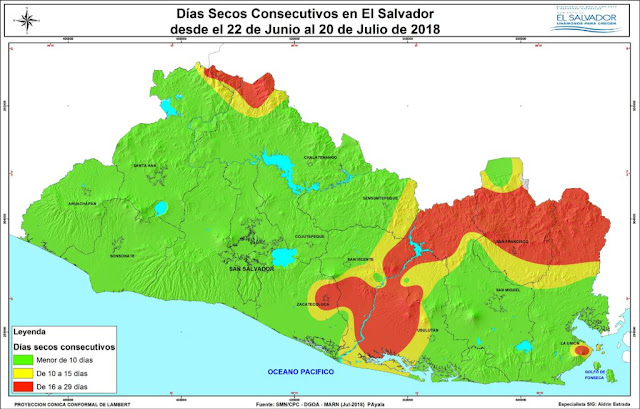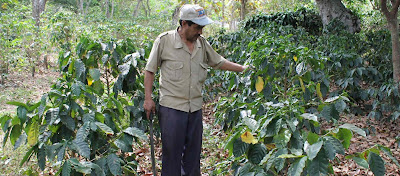Facing the challenge of food insecurity
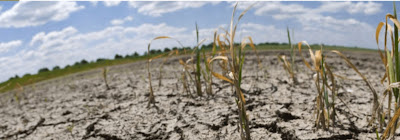
For a significant percentage of families in El Salvador, putting food on the table continues to get more difficult. Prices for food climbed after the COVID-19 pandemic and have remained high, and climate change and natural disasters put at risk the basic foodstuffs which can be grown locally. Five UN agencies just released their 2023 Regional Overview of Food Security and Nutrition in Latin America and the Caribbean . The UN report describes ranges of food insecurity countries may face: The prevalence of moderate or severe food insecurity, based on the Food Insecurity Experience Scale (FIES), is an estimate of the proportion of the population facing moderate or severe constraints on their ability to obtain sufficient food over the course of a year. People face moderate food insecurity when they are uncertain of their ability to obtain food and have been forced to reduce, at times over the year, the quality and/ or quantity of food they consume due to lack o...
